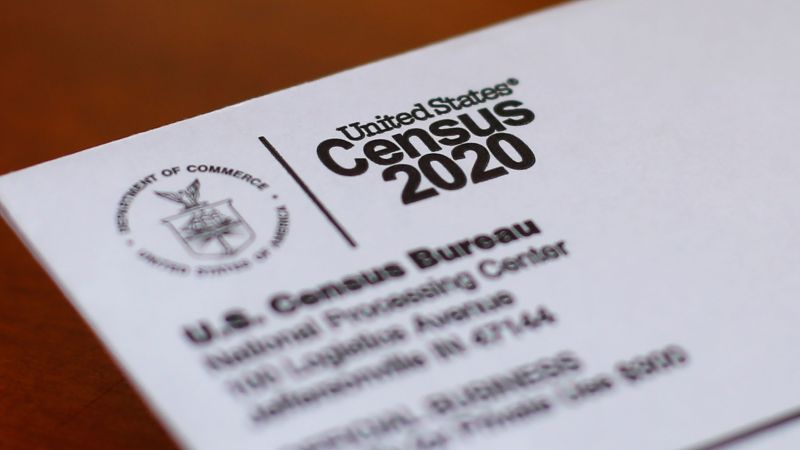The Office of Management and Budget has announced changes to how the federal government collects data on race and ethnicity, including in the US census. The updated standards will now use a single question to collect information on race and ethnicity, with a new Middle Eastern and North African category included as a choice. This marks the first time in nearly three decades that the existing standards have been changed and is the result of years-long efforts to create more accurate and up-to-date federal data on race and ethnicity.
Federal agencies will have 18 months to submit an action plan to the OMB and are expected to implement the new standards within five years. The US Census Bureau has commended the new rule and is already reviewing and developing plans to implement the changes in censuses and surveys. The nonprofit Arab American Institute, which advocated for the Middle Eastern and North African category, expressed some concerns about the new standards, noting that they exclude Black Arabs and define MENA without one of its largest populations, Armenian Americans.
The combined race and ethnicity question is expected to improve data collection about Latinos, according to Arturo Vargas, CEO of the National Association of Latino Elected and Appointed Officials Educational Fund. However, further work is needed to address subgroups within the Latino community who may not see themselves accurately represented in the new standards. Members of the Congressional Asian Pacific American Caucus described the changes as a “historic milestone” for Asian American, Native Hawaiian, and Pacific Islander communities, emphasizing the importance of accurately capturing data to address disparities across different racial and ethnic groups.
Karin Orvis, US chief statistician within the Office of Management and Budget, highlighted the collaborative effort across federal agencies and thousands of members of the public to create more useful, accurate, and up-to-date federal data on race and ethnicity. The revised standards aim to enhance the government’s ability to compare information and data across federal agencies and understand how well federal programs serve a diverse America. The changes are seen as a breakthrough that will help ensure that federal race and ethnicity statistics more accurately reflect the diversity of the US population.
The Office of Management and Budget sets standards for both the wording of questions and the types of data government agencies and surveys must collect when gathering information on Americans’ racial and ethnic identities. The new standards are aimed at providing a more comprehensive and inclusive approach to collecting data, with the goal of improving federal race and ethnicity statistics across different agencies and programs. The changes have been commended by the US Census Bureau and various advocacy organizations, even as some concerns remain about specific groups that may not feel accurately represented in the revised standards. Additional work may be needed to address these concerns and ensure that all communities are properly captured in federal data collection efforts.


